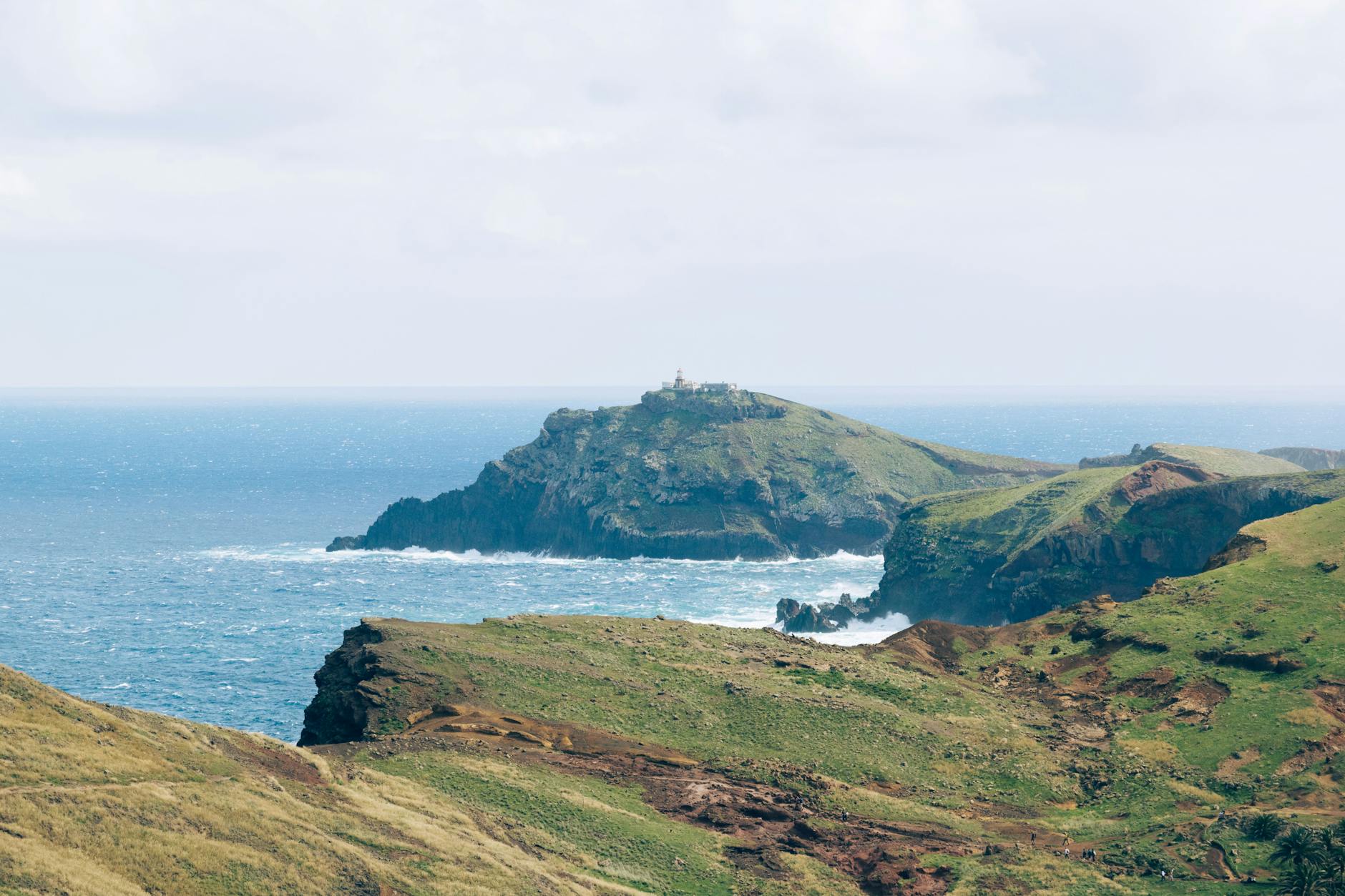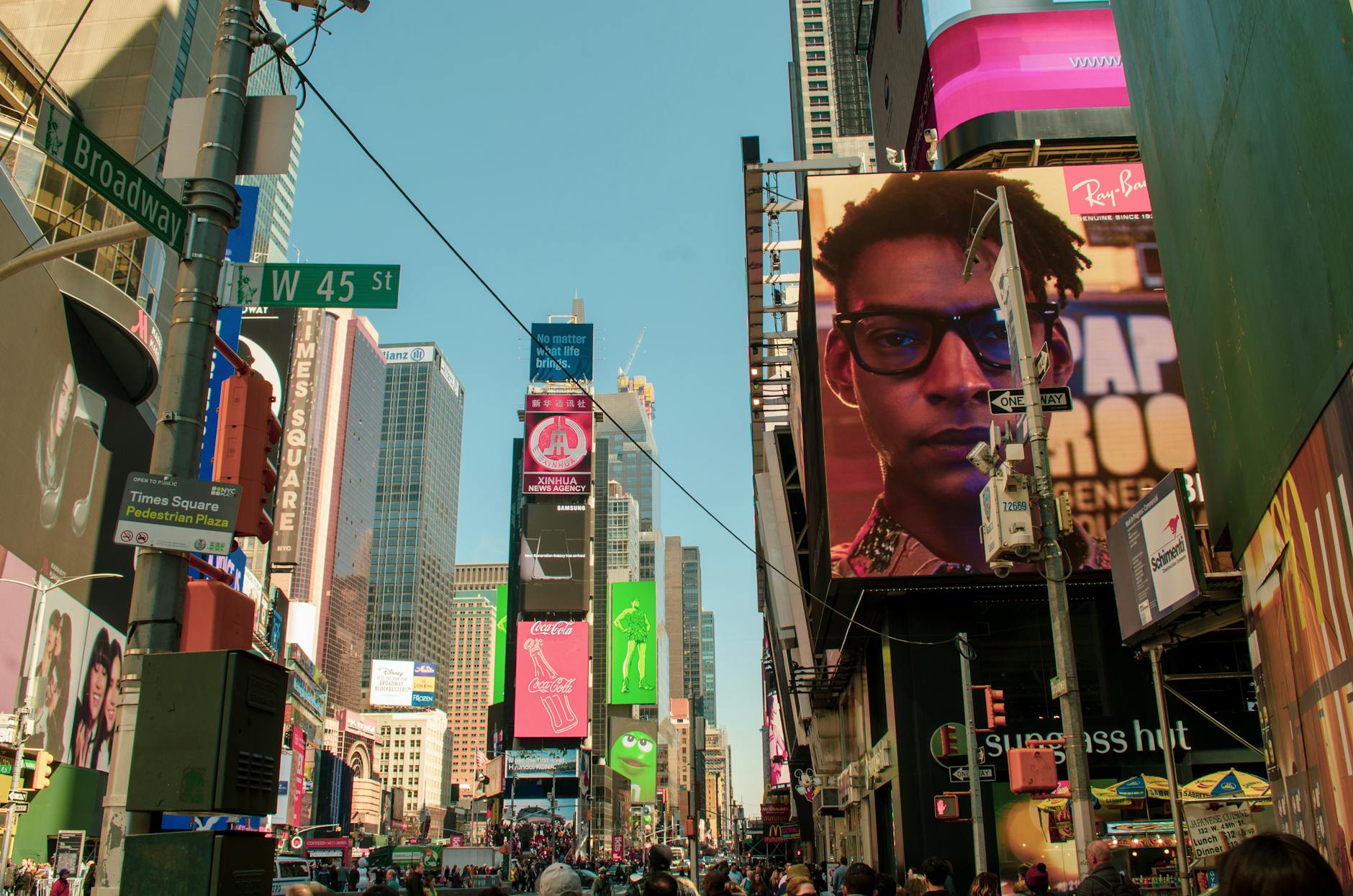Why Aspiring Photographers Should Explore Australia's Diverse Scenery

Capturing Australia’s Unique Landscapes
The vast landscapes that define Australia offer an incredible canvas for anyone keen to delve into landscape photography. Starting with the enchanting allure of the pristine coastline, you'll find a multitude of opportunities to capture breathtaking scenes. Whether you're exploring the thriving marine ecosystems or capturing the dramatic interplay of light and shadow at sunrise, each frame offers a unique story. When photographing coastal areas, particularly around Melbourne's Flinders Street Station, play with varying angles and perspectives.
Vast Outback Mysteries
Moving into the Australian outback unveils a world of contrasts, from its sweeping dunes to rugged bushlands. The outback offers intriguing mysteries for adventurous photographers. The vastness of the desert magnifies even the subtle hues of sunset, perfect for those inspired by the vibrant depictions often seen in Melbourne CBD's street art. For your african tours, this region provides a compelling parallel, offering rich narratives and diverse ecosystems.
Coastal Wonders
Australia’s vast coastline is teeming with wonders waiting to be captured. Focus on the dynamic elements like waves crashing against rocks or the serene beauty of a secluded cove. Use long exposure to create a sense of movement in your photographs, blurring water and clouds for dramatic effect. If you've previously been thrilled by an african safari, the allure of Australia’s coastal beauty will equally captivate you.
Rainforest Biodiversity
Don’t miss the lush rainforests, where biodiversity thrives. These green havens are perfect for close-up shots of flora and fauna, each telling its own story. Employ macro photography techniques to reveal details such as dew on leaves or the intricate patterns of a butterfly's wing. Inspired by artistic scenes from the Royal Botanic Gardens, you can reflect nature’s intricate beauty in your work. Consider these rainforest landscapes as you map out a future galapagos cruise.
Experiencing Wildlife Photography
Iconic Fauna Encounters
Drawing inspiration from the vibrant Melbourne CBD street art scene, wildlife photography is much like capturing dynamic and unexpected moments in urban settings. When you're on a Botswana safari, each click of the shutter can unveil extraordinary stories of untamed landscapes. For keen conservationists and aspiring photographers, these adventures offer an unparalleled opportunity to document the wonders of diverse ecosystems.
Birdwatching Essentials
The striking architecture of Flinders Street Station serves as a reminder that composition and timing are key to any successful endeavour. In birdwatching, understanding the nuances of timing—such as the golden hours of sunrise and sunset—can enhance your photography. Whether it's capturing the intricate plumage of local parrots or witnessing the grandeur of migratory species, every birdwatching expedition is a unique chapter waiting to be documented.
Marine Life Moments
Taking cues from Melbourne's Royal Botanic Gardens, where every ecosystem is interconnected yet distinct, the marine world offers a wealth of photography opportunities. Antarctica cruises present adventurers with the chance to witness the vibrant blues and whites of the icy waters, where seals and penguins become both subjects and storytellers. Use underwater photography techniques and take advantage of natural lighting to capture the details of these captivating marine landscapes.
Exploring Cultural Engagements
Indigenous Heritage Sites
Engaging with Indigenous heritage sites offers valuable insights into Australia's rich cultural tapestry. A visit to these sites allows you to connect with the country’s history and its deep-rooted traditions. In the heart of Melbourne, the Royal Botanic Gardens provides not only an urban oasis but also a chance to learn about the plants used by Indigenous Australians. Photographing these venerable spaces requires a respectful approach: capturing the essence of the location while honouring its cultural significance.
Local Festivals and Celebrations
Embrace the vibrancy of Australian culture through local festivals and celebrations. These events are a fantastic opportunity to capture colourful, dynamic imagery that tells a story. A prime spot for witnessing such captivating scenes is right at Melbourne's bustling Flinders Street Station, where locals gather and celebrate various events. A tip for photographers is to focus on candid shots to capture the authentic expressions and emotions of participants.
Rural Community Life
Venturing into rural areas reveals a different facet of Australia, showcasing the charm and warmth of community life. These regions offer a wealth of storytelling opportunities as you photograph daily life, landscapes, and unique local practices. For those with a penchant for adventure, consider including africa tours and polar expeditions in your itinerary, drawing parallels between the remote allure of Australia's rural communities and the wild, untouched landscapes of other continents.
All these elements collectively enrich your photography journey, offering diverse narratives that contribute to a more comprehensive understanding of cultural engagement.
Tips for Sustainable Photography
Leveraging Natural Light
Embracing natural light is not only beneficial for capturing stunning images but also vital for sustainable photography. By utilising the soft, diffused light of early mornings or late afternoons, you can create striking visuals while reducing the need for artificial lighting, which contributes to energy consumption. This approach not only enhances the ambience of your captures but also aligns with eco-friendly practices.
Minimizing Environmental Impact
As photographers, it's important to adapt our techniques to protect the environment. While on a Namibia safari, for instance, it’s crucial to maintain a respectful distance from wildlife and avoid disrupting their habitats. This approach not only ensures their safety but also offers a more authentic experience for both the photographer and the subject. By sticking to designated paths and removing any waste, you contribute to preserving the pristine environment.
Advocacy through Imagery
Photography has the power to inspire change. Through thoughtfully crafted images, you can raise awareness and advocate for the conservation of precious landscapes and wildlife. Using striking visuals to tell compelling stories about places like Central America tours, you can highlight the importance of preserving these unique ecosystems. By focusing on the beauty and challenges faced by these regions, your photos can become powerful tools for environmental advocacy and education.
Mastering Mistakes in Travel Photography
Respecting Wildlife and Their Habitats
As tempting as it might be to get the perfect shot of a kangaroo or koala with your DSLR camera, maintaining a respectful distance is crucial. Wildlife photography in Australia demands an unspoken understanding between land and visitors. Disrupting native creatures in their natural habitat not only affects their behaviours but diminishes the authenticity of your photos. The acoustics of rustling leaves or the sound of birds can shift abruptly with unseen human presence. Practice patience and use a high-zoom lens to capture those candid moments without intruding.
Importance of Weather in Photography
The Melbourne weather can be as unpredictable as the creativity sparked by the CBD street art scene. Overlooking weather patterns yields washed-out sunrise shots or missing that dramatic storm cloud movement altogether. Before heading to Flinders Street Station for some architectural marvels, check the forecasts for optimal lighting conditions. Early mornings or golden hours often bestow soft, diffused light ideal for capturing those vibrant hues in street art. A portable rain cover for your gear can also be a lifesaver, ensuring you are prepared for any eventuality.
Committing to Ethical Photography Practices
A truly captivating image is built on the foundation of ethical integrity. Whether you're inspired by the flora of the Royal Botanic Gardens or the communities in rural outposts, respecting the essence of the subject is paramount. The allure of an award-winning photograph lies not just in what your Nikon camera lens perceives but in the story it communicates without exploitation. Approach compositions with care, appreciating both cultural sensitivities and environmental fragility, to ensure your images resonate with trust and respect.


